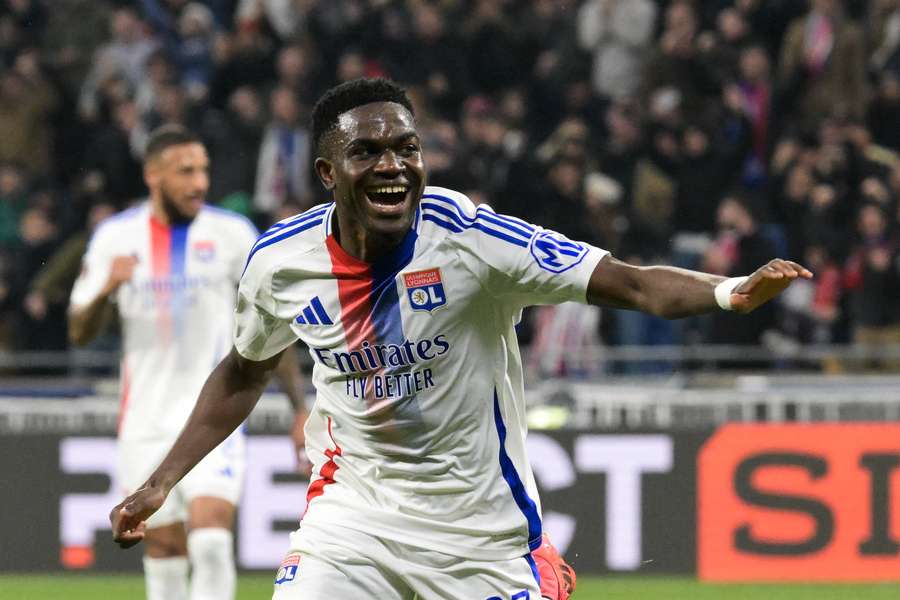Ernest Nuamah is the latest victim, joining a growing list that includes Daniel-Kofi Kyereh, Fatawu Issahaku, Alidu Seidu, Baba Iddrisu, and Abdul Mumin.
Collectively, these six players represent over 115 caps for the national team, highlighting the scale of the crisis and the urgent need for a more nuanced approach to injury management and recovery.
Sports physiotherapist Richard Evans, who used to work with Right to Dream Academy, believes the increasing congestion of the global football calendar is a significant contributor to the spike in injuries.
“General injury trends are trending up now. And I think that's probably a reflection of the global calendar. The game is now largely dependent on revenues.
"And there is a drive for more, more, more. And I don't think that's necessarily a good thing for anybody,” Evans told Flashscore in an exclusive interview.
ACL injuries are complex and unique to each individual, despite falling under the same medical category. Evans emphasised that recovery timelines are not one-size-fits-all.
“Each ACL injury, despite being the same category of injury, they're all very individual in how they come about and the specifics of that injury. Some will be contact, some will be non-contact. Some will be slight contact that then puts them off for their landing.”
When it comes to rehabilitation, Evans advocates for a patient, milestone-driven approach rather than one dictated by arbitrary deadlines.
“An appropriate rehab is guided by hitting the markers to move on to the next stage of your rehab. It's not guided by time,” he explained.
“Whenever any injury occurs, the question will be, when can I get back? My answer is always, it depends. If you do everything well and we don't have any setbacks, nine months is a reasonable target.
"But I always say it could take up to 12 months, because you want to be ready to go back.
"You don't want to go back before you're ready, because then you'll be in a danger zone of recurrence.”
This perspective aligns with recent research emphasising the importance of person-centred, individualised rehabilitation plans that focus on both physical and psychological readiness before returning to sport.
The former Right to Dream sports physiotherapist warns that physical recovery is only part of the equation. Psychological readiness is equally crucial in preventing re-injury.
“Alongside the physical components, there are the mental considerations and anxiety and fear of re-injury. If that is still in your head when you go back to play, in my opinion, it opens the door slightly further for a re-injury, not necessarily the ACL, but of another complex as well.
"You can see it quite often when players are protecting themselves because they don't feel confident, or they're trying to avoid an injury, they're not fully present in that moment, and that just can allow other injuries to happen.”
Studies confirm that fear of re-injury and lack of confidence in the knee are among the most significant psychological barriers to a successful return to sport. Athletes who feel relaxed and confident about their knees are more likely to achieve a full recovery and avoid further injury.
The ongoing ACL crisis in Ghanaian football demands a broader response. While heightened physical demands and congested calendars are primary factors, training methods, pitch conditions, and injury prevention protocols also warrant scrutiny. For Ghanaian football fans, the sight of promising young talents sidelined remains a deep source of frustration.
Black Star Watch is a compelling weekly column written by Owuraku Ampofo, a seasoned sports journalist with over five years of experience reporting on Ghanaian players. This column aims to uncover patterns, address pressing questions, and illuminate trending topics surrounding Ghanaian footballers.




